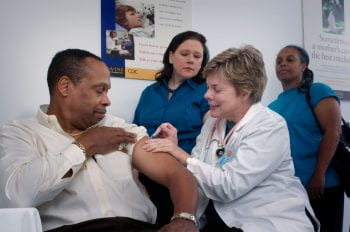2023 FRAC Research Brief Abstract The 2021 expanded Child Tax Credit (CTC) showed a clear path to dramatically cutting hunger and poverty — the central root cause of hunger — among households with children. These essential benefits for children and their families were lost when the CTC expired in December 2021. This brief provides key […]
Expanded Child Tax Credits: A Transformational Opportunity to HelpFamilies Put Food on the Table



